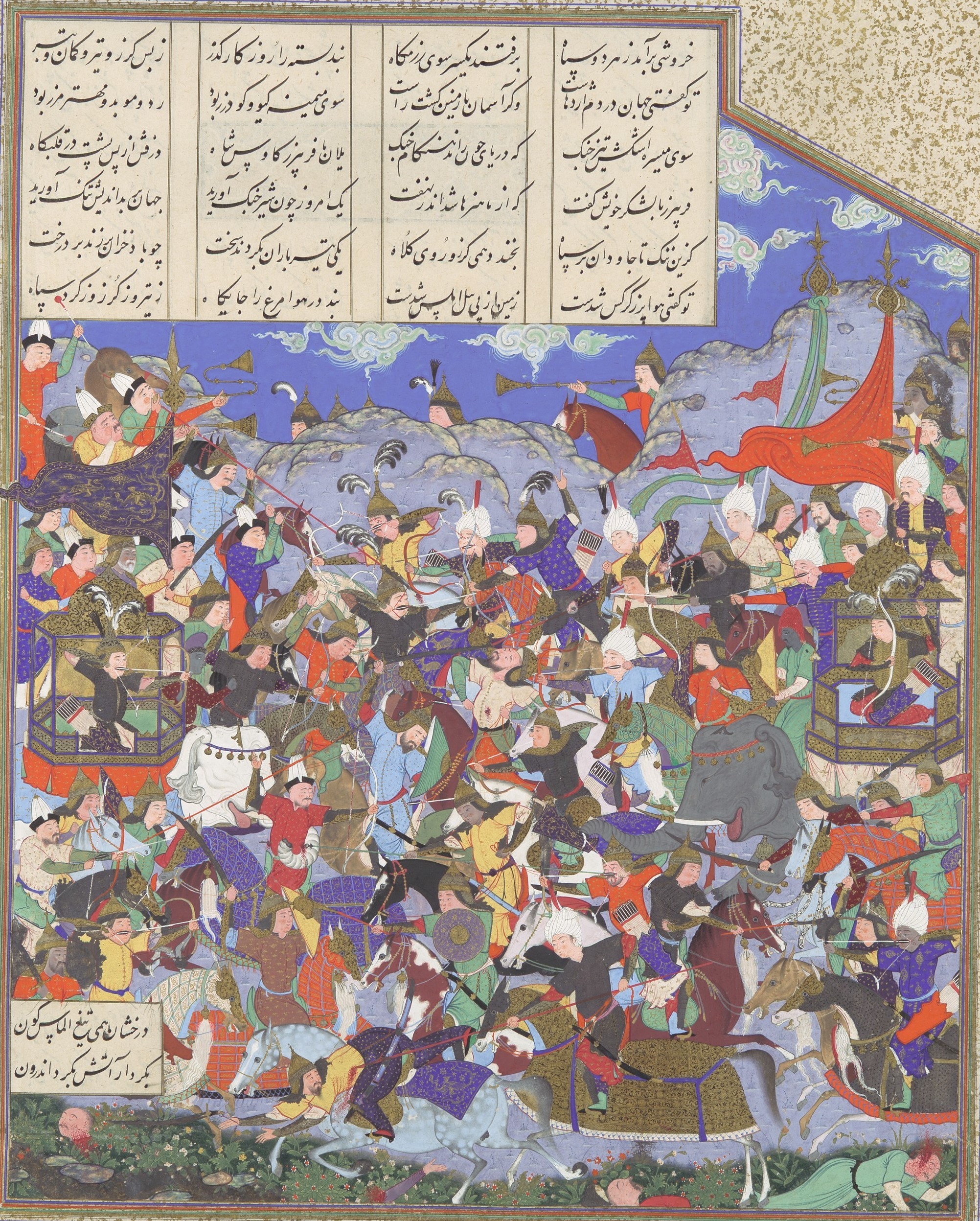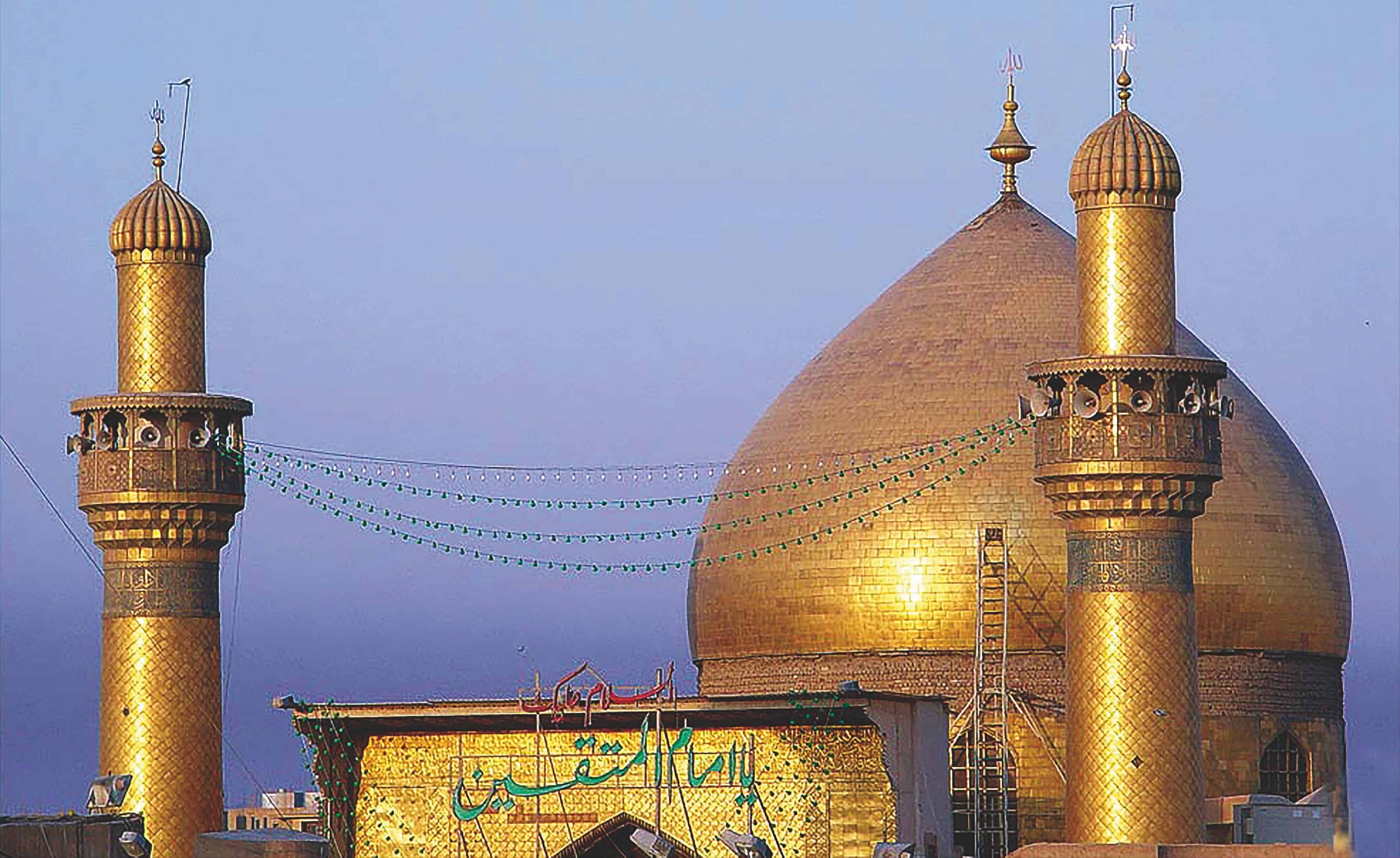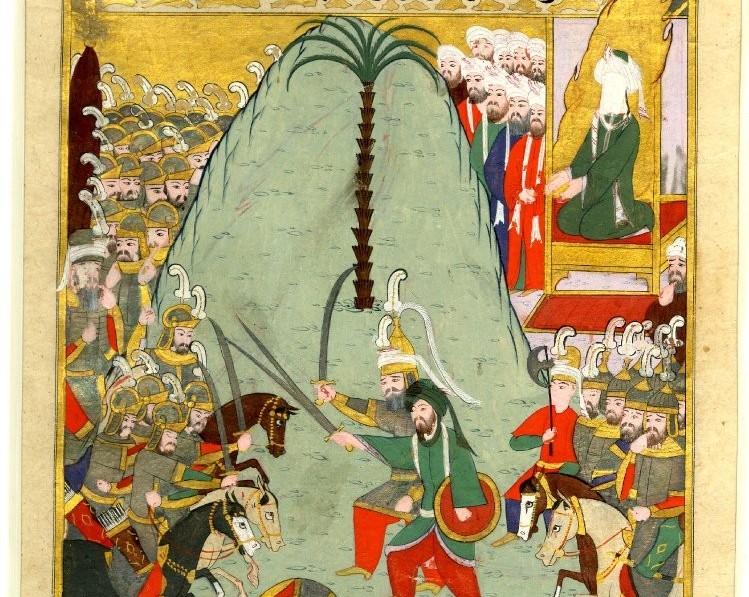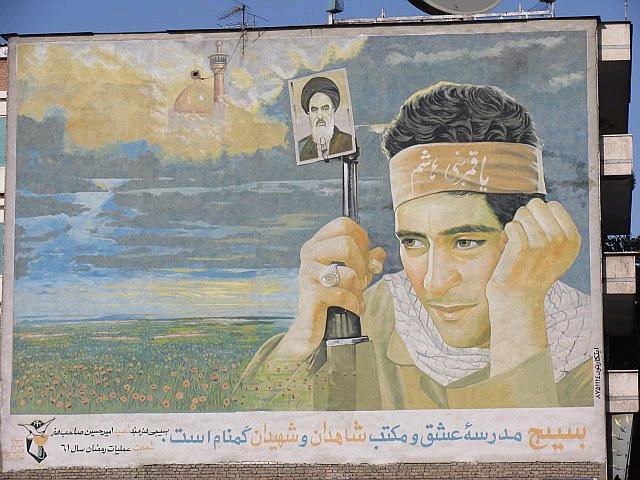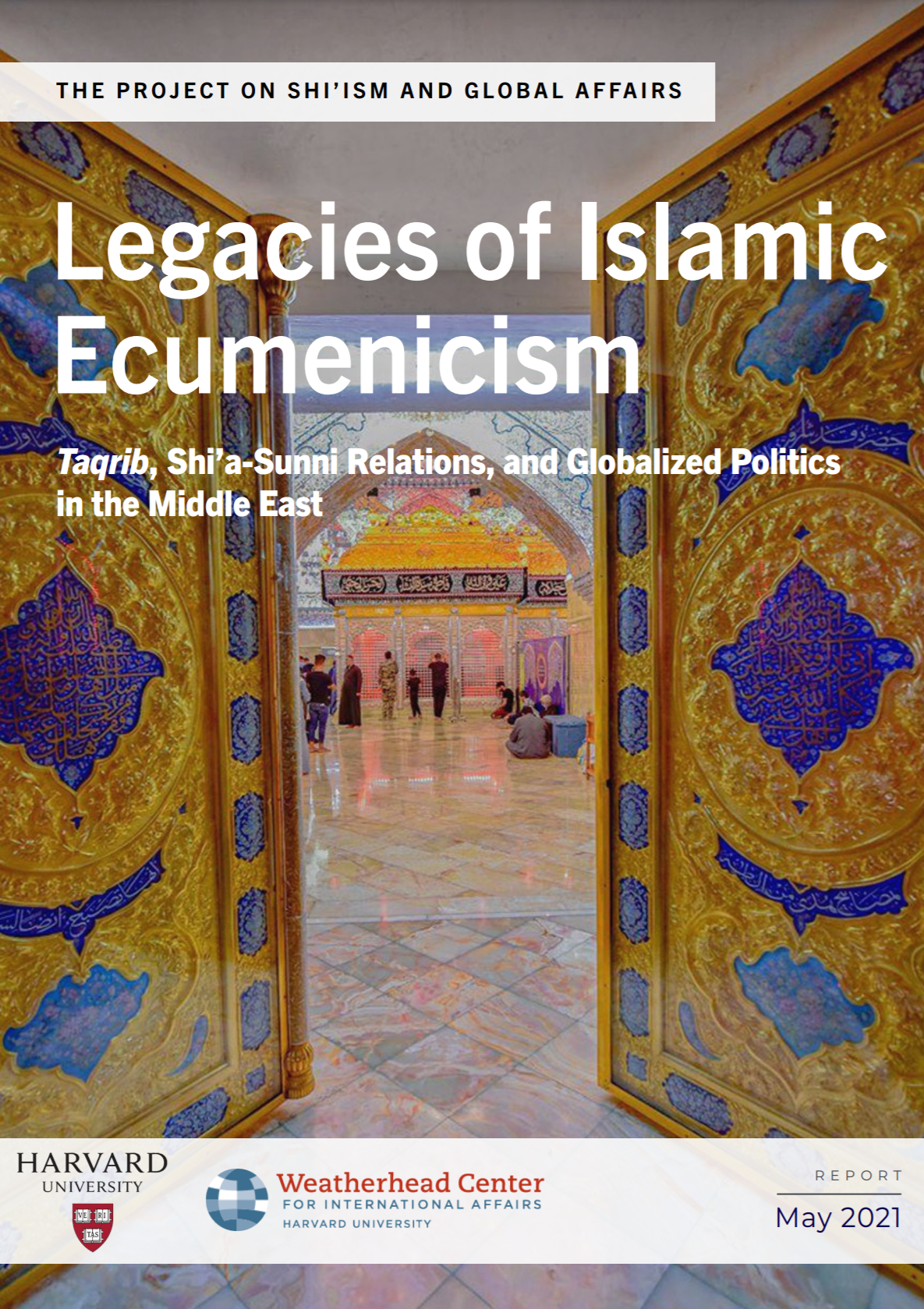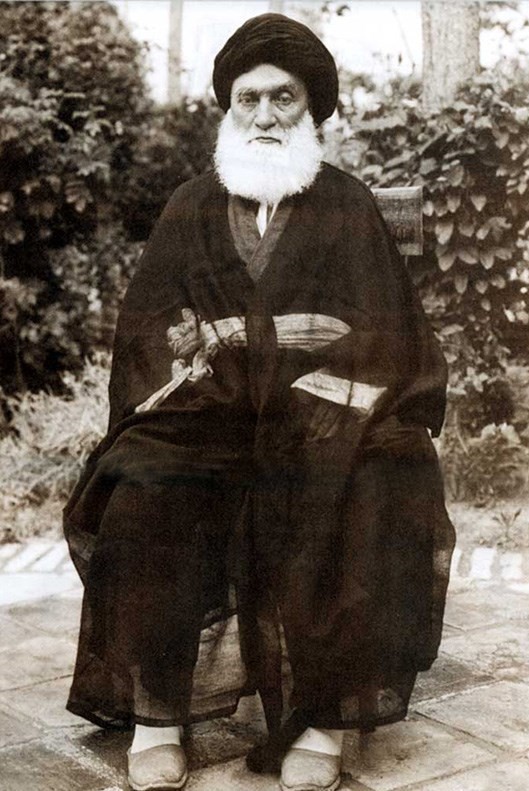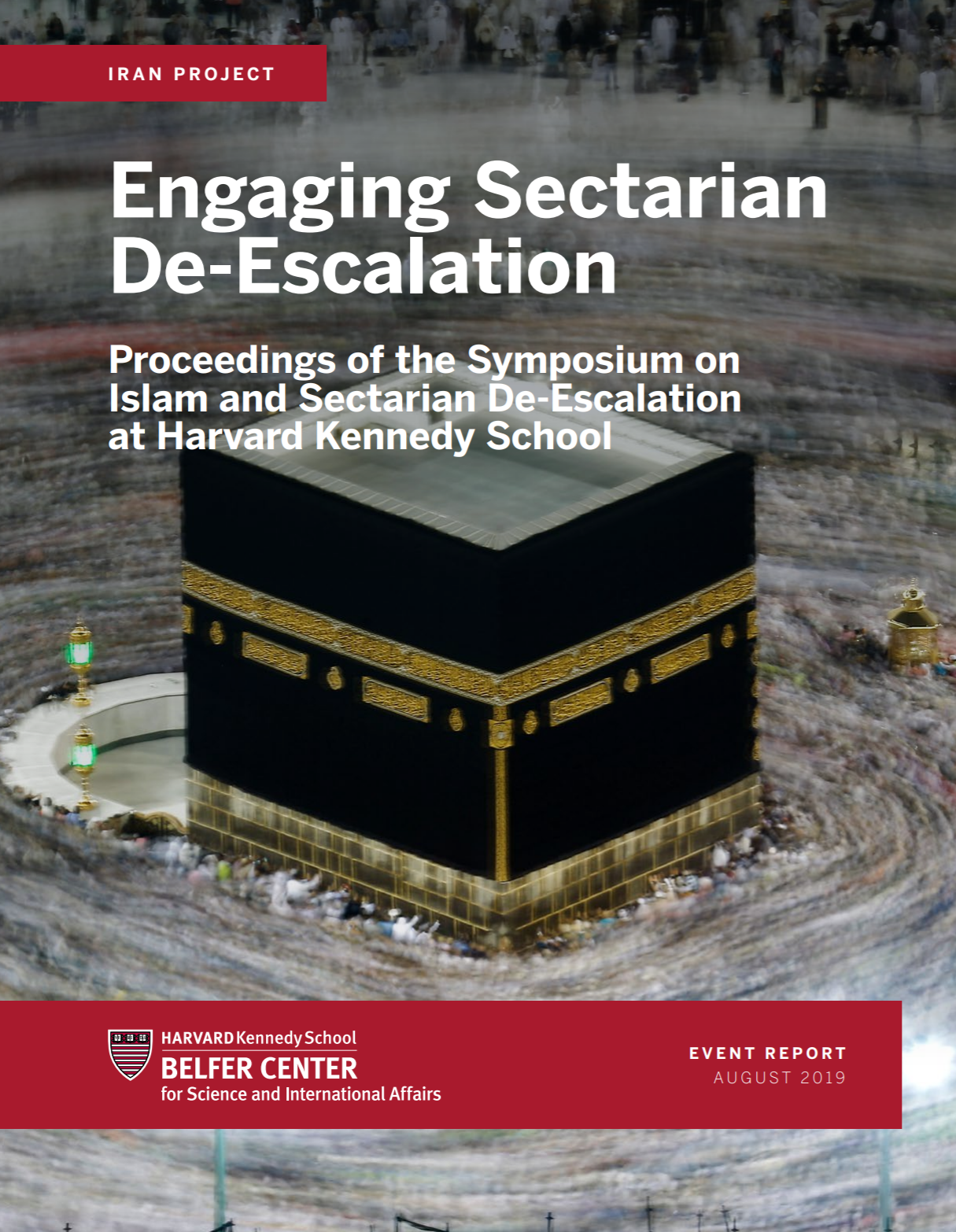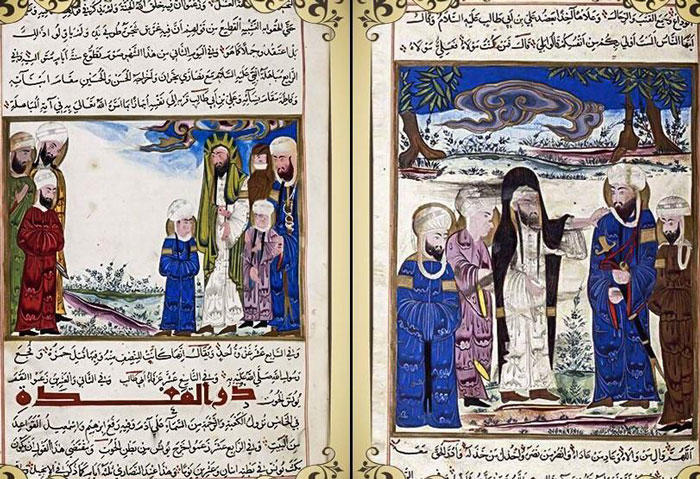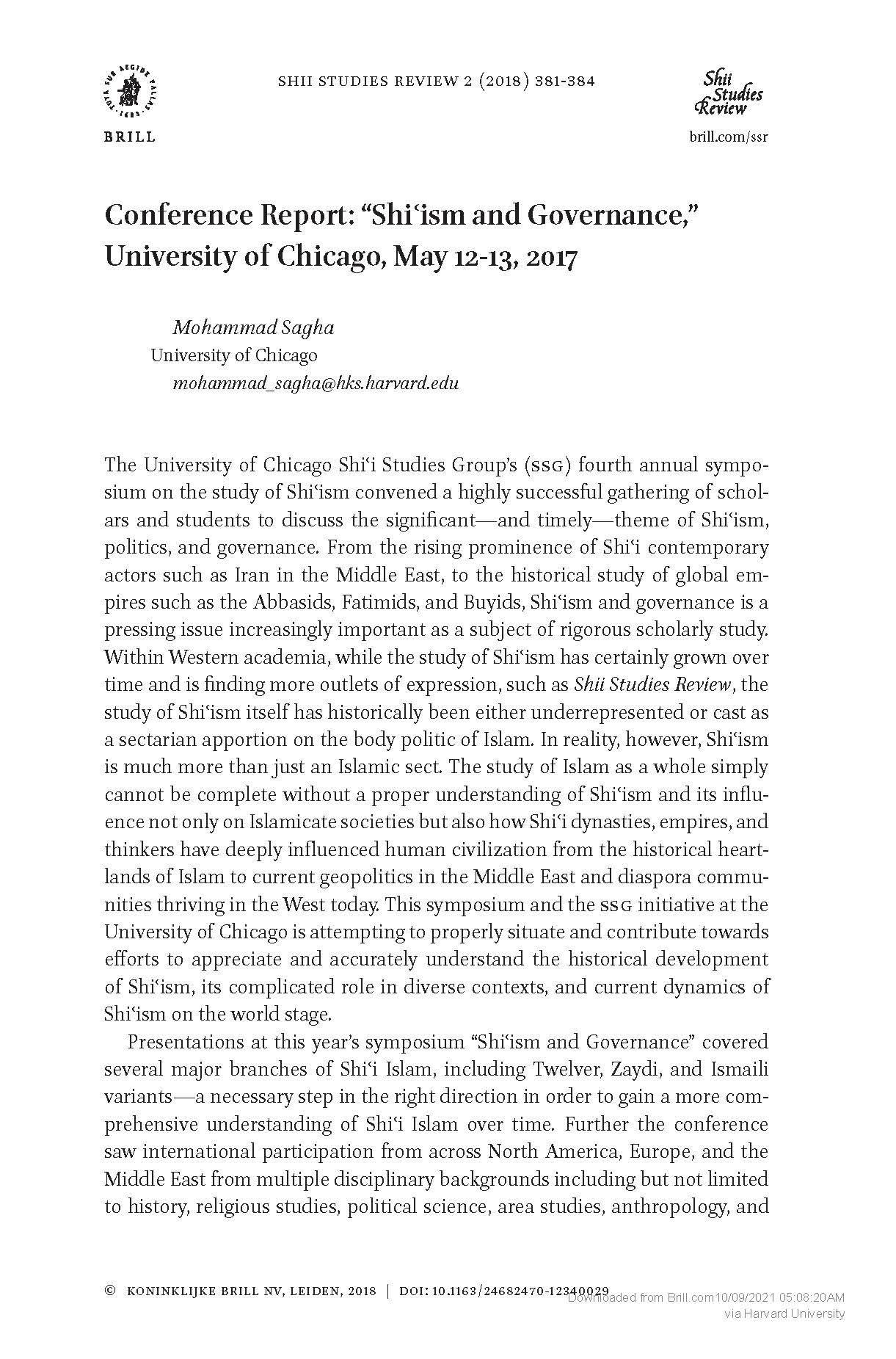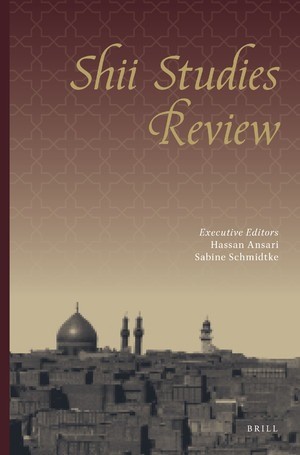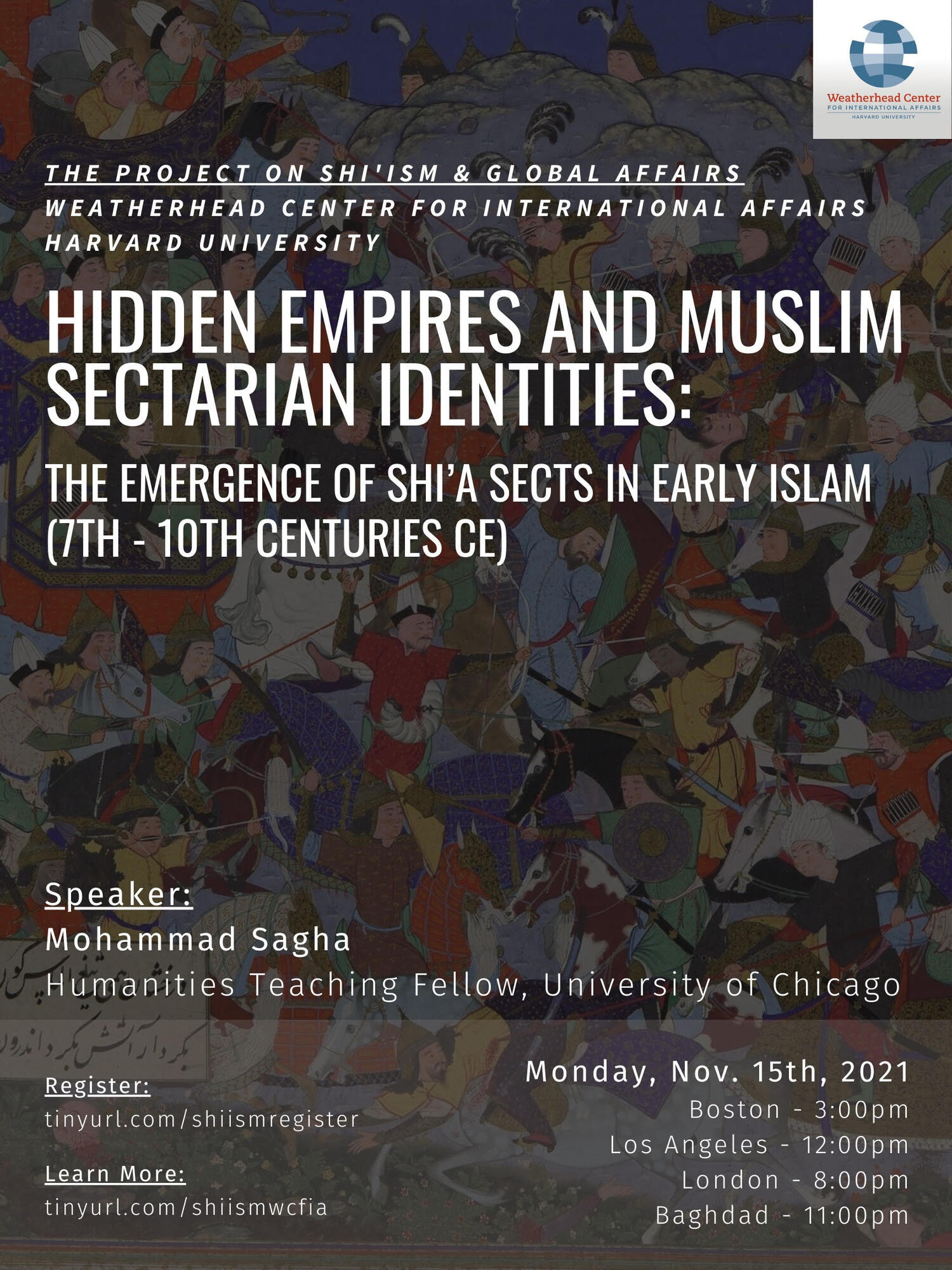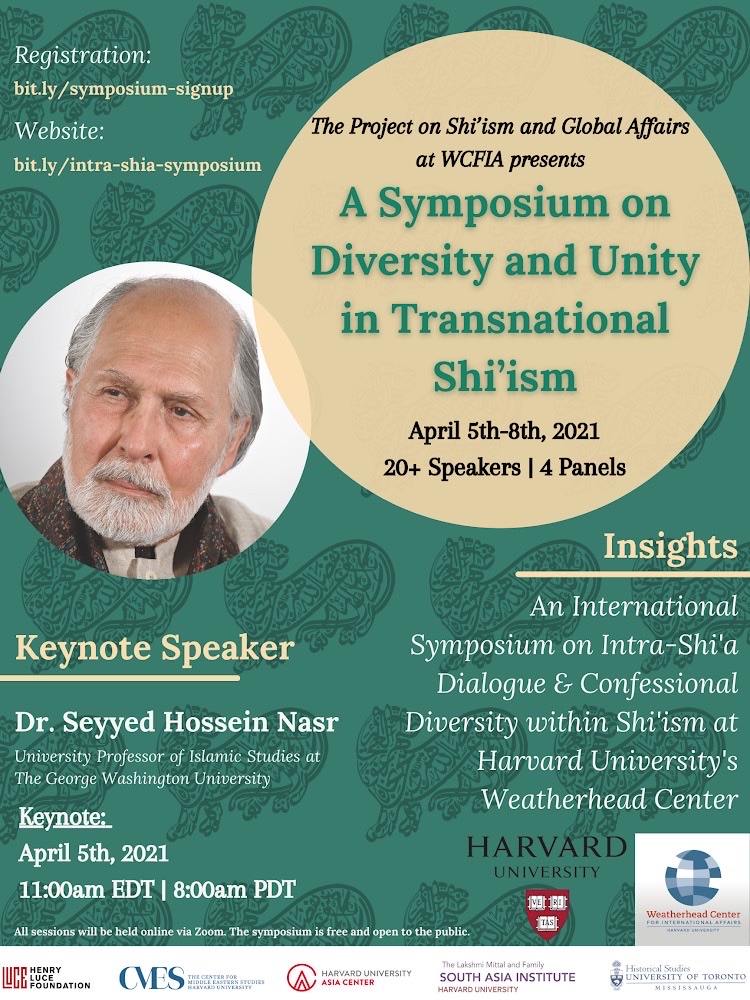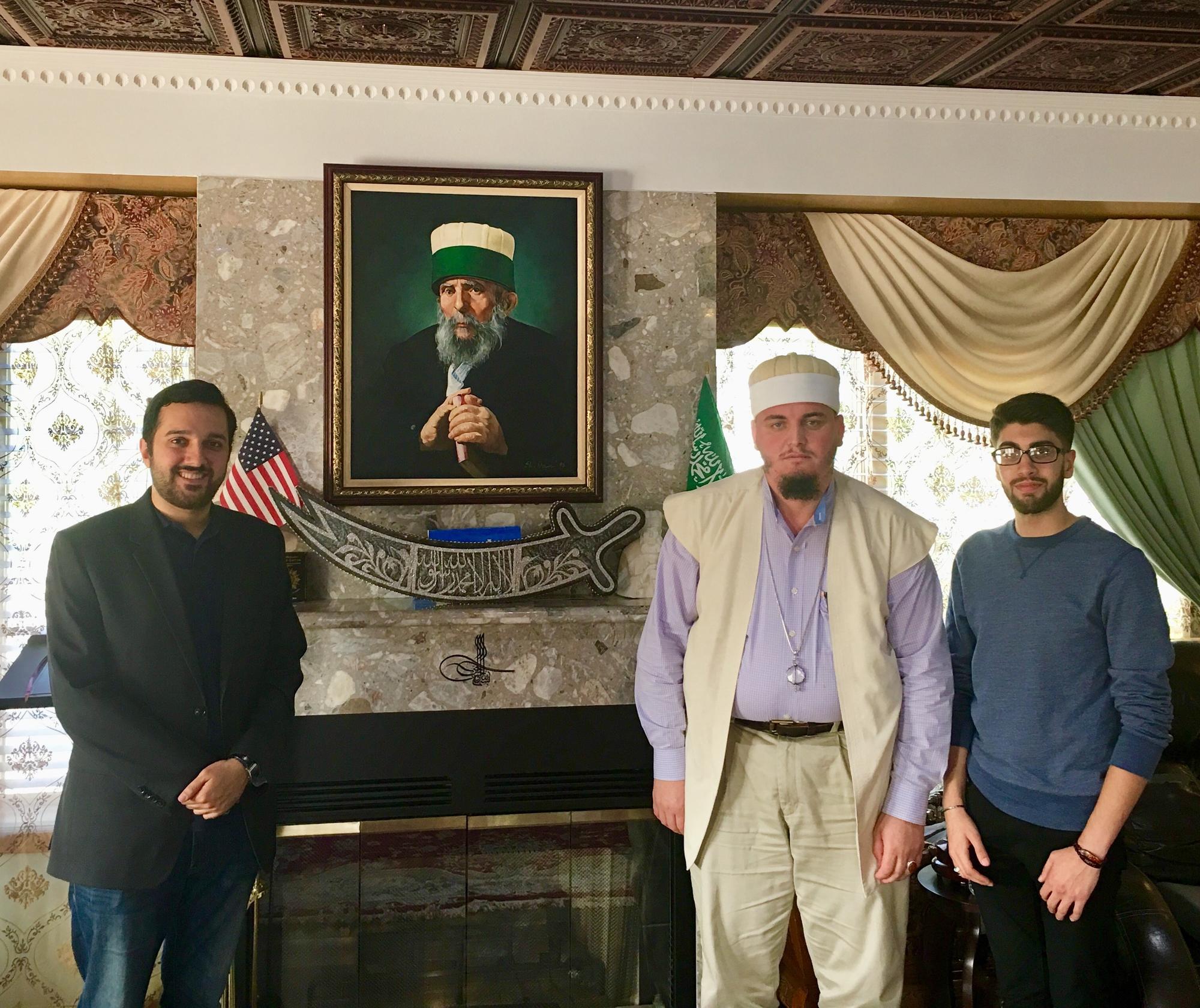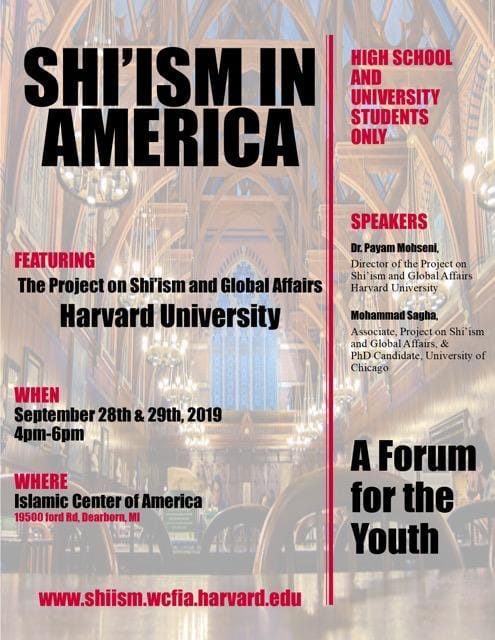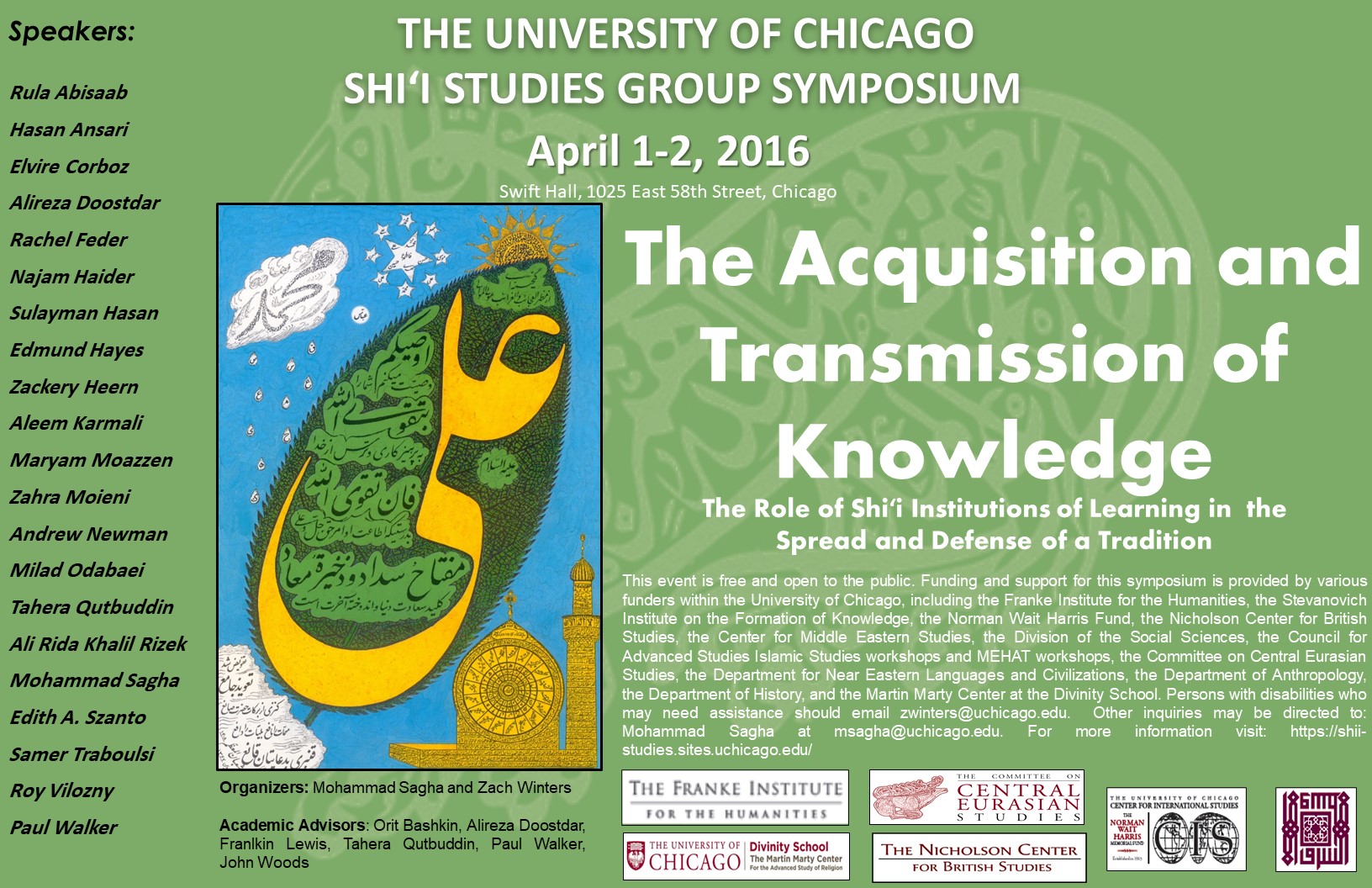Mohammad Sagha is a Lecturer in the Modern Middle East at the Department of Near Eastern Languages and Civilizations at Harvard University where he teaches courses on Islam, history of the region, and contemporary Middle East politics. His scholarship addresses sectarianism, factional politics, and network theory from the early Islamic period to the contemporary Middle East with a focus on transregional thought and politics between the Persianate and Arab Worlds, especially between Iran and Iraq.
He is currently working on two book manuscripts on the intersection of political order and sectarian identity spanning the early Islamic period and the contemporary Middle East. Entitled “Power and Belonging: Shi’a Religious Nationalism, Sacred Space, and Hybrid Politics in the Middle East,” this co-authored book covers how Shi’a revivalist actors have utilized modern technologies, mass movements, and Shi’a transcendent political theology—along with the institution of representation of the Hidden Imam—to mobilize and lead anti status-quo politics in the region. His other book manuscript “Hidden Empires: The Politics of Underground Shi’i Revolutionary Networks and Sectarian Emergence in Early Islam,” studies the embedded imperial aspirations of underground Shi’a elites in relation to the Abbasid Empire and offers new theories on the emergence of Shi’a sects by examining social network relations between descendants of the Prophet Muhammad (Ahl al-Bayt) and the mawali ethno-social institutions tied into larger Islamic conquest, revolutions, and global empire. He received his PhD from the University of Chicago (2021) in Islamic History and Civilization and is also a Faculty Affiliate and Research Director on Islamic History and Identity at the Project on Shi'ism and Global Affairs at the Harvard Divinity School.

